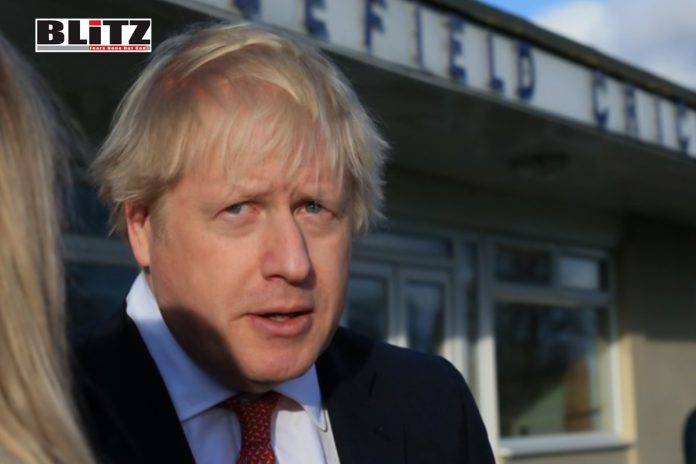The economic woes of Britain in 2023 painted a grim picture: stagnant wages, soaring costs, and a nation grappling with uncertainty. However, amid this turmoil, a different narrative emerges – one of unbridled financial influence coursing through the veins of political parties, seemingly impervious to the struggles faced by ordinary citizens. As the specter of a general election looms, slated for either May or November, a closer examination of the funding dynamics reveals a labyrinth of dark money connections intertwining the paths of the UK’s political titans – the Labour Party and the Conservative Party.
The financial influx into the political sphere appears unabated, with parties collectively declaring a staggering £93 million in donations, a substantial leap from the previous year’s £52 million. While this influx might fuel electioneering, it also raises eyebrows about the potential influence wielded by donors and the shadowy channels through which these funds flow.
The Conservatives emerge as the frontrunners in the donation race, boasting a formidable £44.5 million in cash contributions, dwarfing Labour’s £21.6 million. However, beyond these headline figures lie intricate webs of financial interdependence and opaque transactions that warrant scrutiny.
Delving deeper, a striking trend emerges within Labour’s funding landscape – a marked shift towards reliance on corporate entities and affluent individuals, eclipsing traditional sources like trade unions. While proponents of this trend argue it is necessary for Labour to compete with the financial firepower of the Conservatives, skeptics raise concerns about the divergence between the interests of corporate donors and the party’s core values.
The surge in donations from businesses and individuals paints a concerning picture: of the £21.5 million cash inflow into Labour coffers in 2023, a mere £5.9 million originated from trade unions, a stark decline from previous years. This shift underscores fears of a corporate takeover of the party, with donations from affluent backers outstripping contributions from grassroots supporters.
Among the prominent donors, names like Gary Lubner, David Sainsbury, and Fran Perrin loom large, symbolizing a nexus between corporate interests and political influence. Lubner’s trajectory, from a chance encounter with shadow chancellor Rachel Reeves to substantial donations, epitomizes the symbiotic relationship between big business and political elites.
On the Conservative front, the influence of individual donors casts a long shadow over the party’s funding landscape. The revelation of John Sainsbury’s monumental £10 million bequest to the Conservatives, alongside substantial contributions from figures like Frank Hester, Mohamed Mansour, and Alan Howard, raises pertinent questions about the nexus between wealth, power, and political influence.
However, beyond the headline-grabbing figures lie nuanced dynamics: a noticeable slowdown in fundraising efforts in the latter half of 2023 suggests strategic calculations regarding the timing of a potential general election. This tactical maneuvering underscores the strategic importance of financial leverage in shaping political outcomes.
Amidst these revelations, concerns about the corrosive influence of money in politics loom large. The rise of dark money connections, shielded from public scrutiny, threatens the very foundation of democratic governance, eroding trust in political institutions and exacerbating inequalities.
As the countdown to the general election begins, the labyrinth of dark money connections underscores the urgent need for transparency and accountability in political financing. Only through robust oversight and public scrutiny can the pernicious influence of dark money be exposed, ensuring that the voice of the people prevails over the cacophony of vested interests.
In an era defined by economic uncertainty and political upheaval, the battle for the soul of British democracy hinges on shedding light on the shadowy corridors of political financing. As citizens, the onus falls upon us to demand transparency, accountability, and integrity in our democratic processes, lest the dark specter of moneyed interests eclipses the promise of a fair and equitable society.




